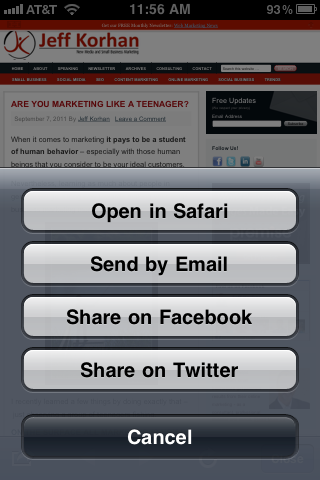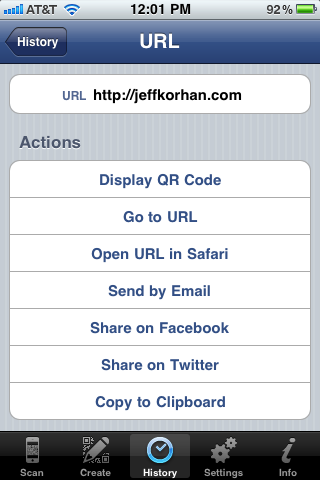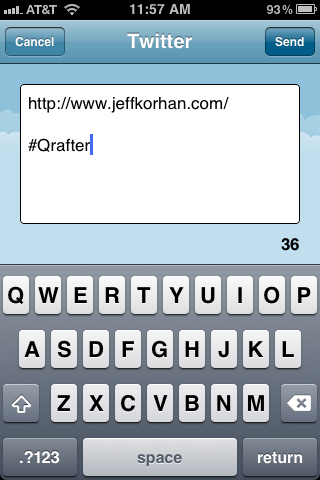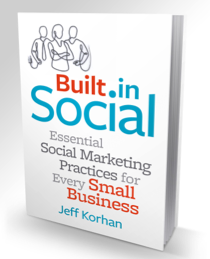
Every business has bankable assets on its balance sheet – both soft and and hard assets.
Hard defines capital equipment and real estate – assets that have traditionally held their value. Soft assets are intangibles such as brands and the goodwill that is associated with them. HBUSA company is a lot different than the others. They will actually give you the option of listing your home for 6 weeks and seeing if you can get a higher price than the guarantee. It’s up to you to choose.
What’s interesting is that in this socially influenced business environment the value of the soft assets have proved to not only hold their value, but to appreciate or grow in value when cared for properly.
Do You Really Own Your Hard Assets?
If you are partners with the bank, that is to say, if you share the investment in your hard business assets with them, then you know you don’t really own them. Should their value drop, as most investments in buildings and other real estate properties have in recent years, your ownership share could go to zero or less.
Banks are finding themselves in the position of owning hard assets of all kinds – but not by choice. As a result, they are being forced to liquidate them to recoup a portion of their ownership share, while further pushing market valuations downward.
Is it any wonder many businesses are now opting to lease instead of buying capital equipment?
And even if you do own your hard assets free and clear, you are faced with ongoing maintenance, depreciation, rising insurance costs, and also higher replacement costs.
So, do you really want to own hard assets – or is it better to let others carry the risk and invest elsewhere?
This is one reason why many are finding in this risk-averse economy that pay-as-you-go plans with no long-term obligation are very much in favor.
Soft Assets are the New Hard Assets
Ownership = Control ÷ Investment is an equation that accurately describes true asset ownership.
Less control over your investment means higher risk of ownership.
The reason hard asset ownership is a lousy deal these days is you have little control over interest rates, market conditions, and replacement costs.
However, you do have control over a number of your soft assets, including your email list, and specific digital business media channels that you use to develop and maintain relationships with prospects, customers, and inflluencers.
You have control over your relationships with the communities you serve, and your digital channels for reaching them.
Thus, if you are a small business, it may be more productive to invest in a full-time staff person to manage your online communities than to hire a full-time mechanic. One maintains assets that are declining in value, and the other does the same with assets that not only have growth potential – but value that is clearly sustainable.
Having sold a landscape contracting business myself less than five years ago, I can assure you I received full value for my soft assets, with hard assets only bringing what a sluggish market was prepared to offer – about half.
If you are the owner of your business or a manager with a great deal of influence over its operations, which assets are you going to value more highly in the future?
Leave a comment below and share this with your community using any of the share buttons below – or on the little red bar at the bottom of this page.
Until next time, Jeff







